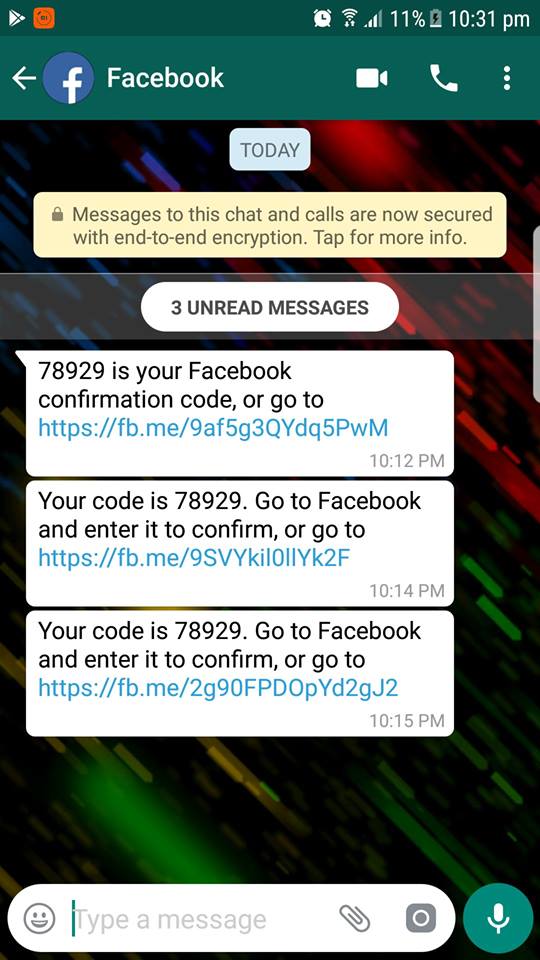


Because the message seems to be from a relative or friend, many people have been tricked into passing on the verification code, which then allows fraudsters to take over their accounts.The message tries to persuade you into parting with the verification code you’ve just received. Following the text message verification code, you receive a message from one of your WhatsApp contacts.This triggers the verification code text that is sent to you. However, in this case, fraudsters have entered your phone number into WhatsApp themselves to try to get access to your account.You usually receive a verification code from WhatsApp when you’ve been logged out of the app, or you’re trying to log into WhatsApp from a new device. You receive an unexpected but genuine text message from WhatsApp containing a verification code.The move allows cyber criminals to siphon sensitive information from users which can then be used for identity theft. So, the existence of the new scam is not very surprising.Hackers are trying to get access to WhatsApp accounts after stealing the identities of their victims’ contacts. Last year, we saw multiple WhatsApp threats and scams, including one that let an attacker take control of a user device remotely, on the platform. Now, this is not the only WhatsApp scam that has been discovered. As service providers around the world, use numbers beginning with ’67’ or ‘405’ victims tend to make the call without hesitation,” Sasi explained. In this way, the hacker scams the victim’s WhatsApp contacts even before the latter realizes that he has lost control of his account. “Once the hacker gains access to the account, he demands money from the victim’s contacts. If a user, unfortunately, dials the number as instructed by the attacker, they will be logged out of their WhatsApp account and the hacker will be able to take control of it. According to him, the primary objective of the hacker is to randomly call an unsuspecting WhatsApp user and try to convince them to call a specific number. The new scam was recently discovered by Rahul Sasi, who is the founder and CEO of CloudSEK. Once an attacker takes hold of a WhatsApp account, they can demand money from the user’s WhatsApp contacts. According to a recent report by Gizchina, citing cybersecurity firm CloudSEK, a new scam currently targeting random WhatsApp users lets an attacker completely take control of their WhatsApp account with only a phone call.


 0 kommentar(er)
0 kommentar(er)
